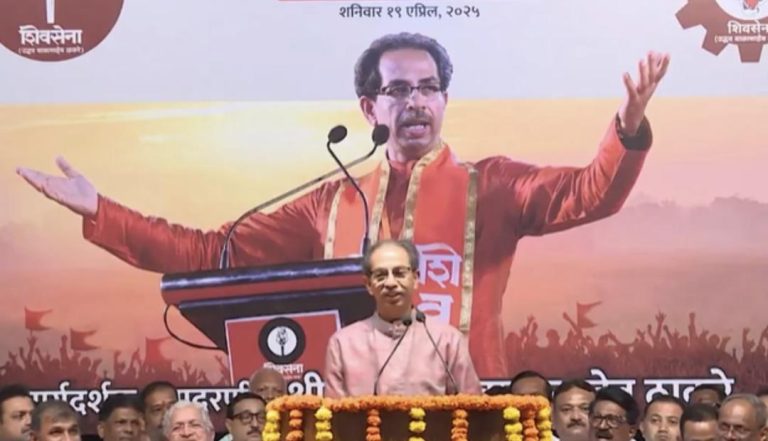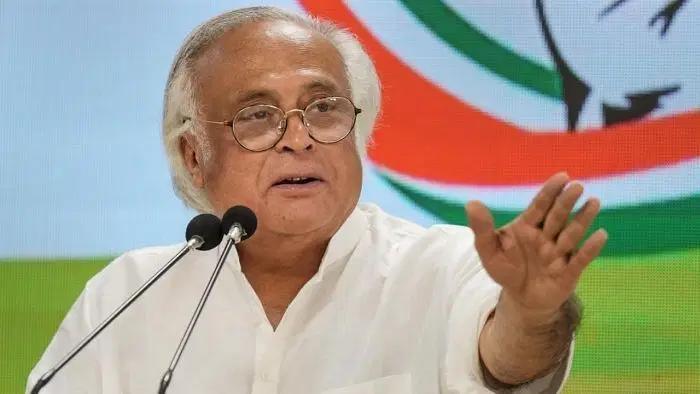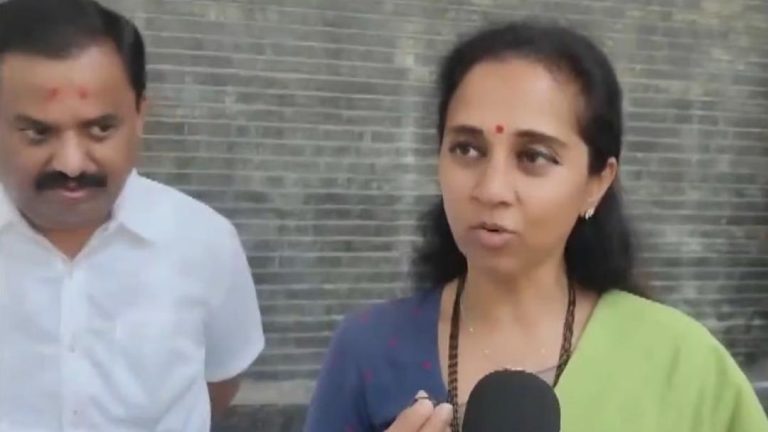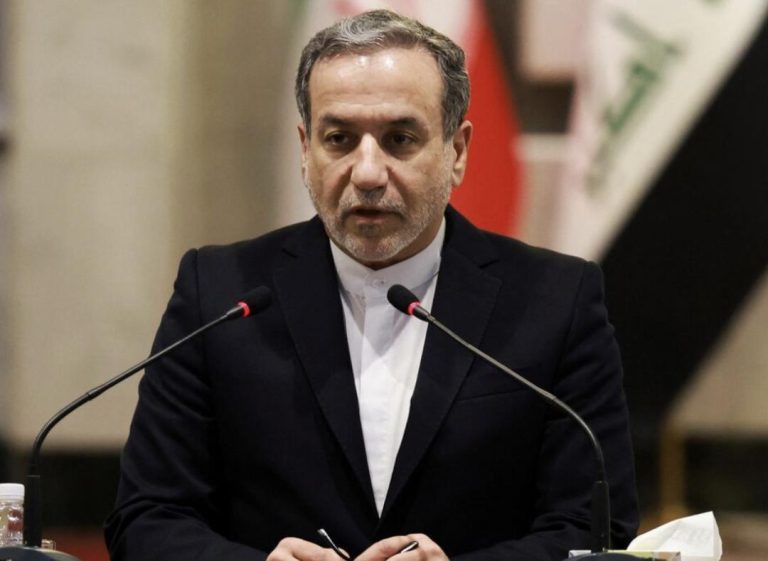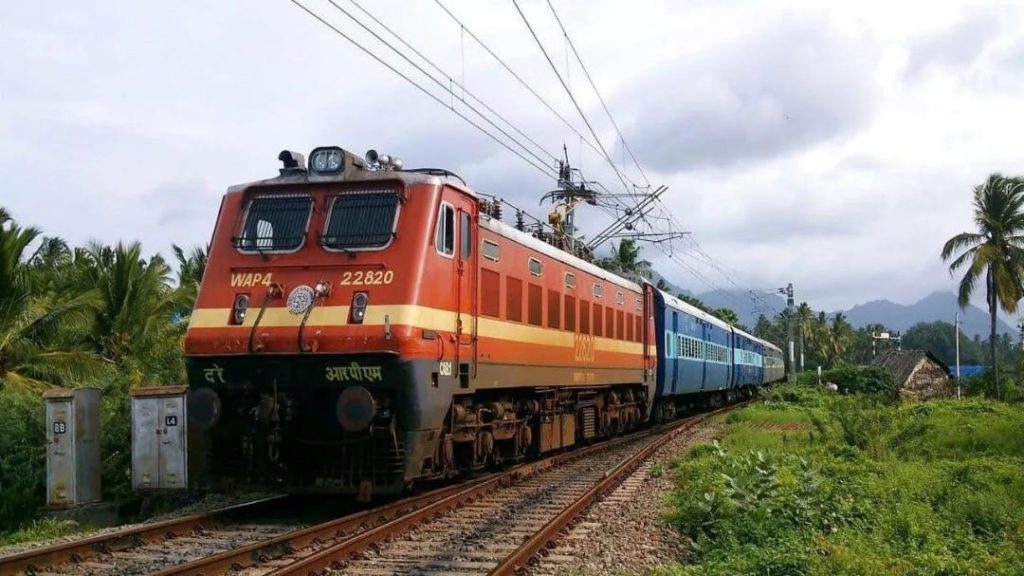
“T’puram Division Bans Certain Foods for Loco Pilots”
In a bizarre move, the Thiruvananthapuram division of the Indian Railways has issued a directive banning loco pilots from consuming certain foods before duty. The order, which has sparked widespread protests, aims to prevent false positives in breathalyser tests. The decision has raised eyebrows among employees and experts alike, who question the logic behind imposing dietary restrictions instead of replacing the faulty equipment.
According to the directive, loco pilots are prohibited from consuming certain products, including “spicy food, sour food, and foods with high sugar content” for at least four hours before reporting for duty. The order also warns that consuming such food items can lead to false positive results in breathalyser tests, which are used to detect alcohol in the blood.
The decision was taken after several loco pilots tested positive for alcohol in breathalyser tests despite not having consumed any liquor. The authorities claimed that the tests were conducted to ensure the safety of passengers and to prevent accidents. However, the move has been met with resistance from the Southern Railway Loco Pilots’ Association, which has called the directive “unscientific” and “unreasonable.”
“We are not against the breathalyser tests, but imposing dietary restrictions is not a solution to the problem,” said a spokesperson for the association. “The equipment used for the tests is faulty, and instead of replacing it, the authorities are trying to shift the blame to the employees.”
The association has also pointed out that the directive will not only inconvenience employees but also lead to confusion and uncertainty. “Loco pilots are already under a lot of pressure to ensure the safety of passengers, and this directive will only add to their stress,” said another member of the association.
Experts have also weighed in on the issue, questioning the scientific basis of the directive. “Breathalyser tests are not foolproof, and there are several factors that can affect the accuracy of the results,” said Dr. Suresh, a chemist from the University of Kerala. “Imposing dietary restrictions is not a solution to the problem, and instead, the authorities should focus on upgrading the equipment and training the personnel.”
The directive has also raised concerns about the impact it will have on the religious and cultural practices of the employees. “Many of our members are vegetarians or follow specific dietary restrictions due to religious beliefs,” said a member of the association. “This directive will force them to compromise on their beliefs, which is unacceptable.”
The Thiruvananthapuram division’s decision has also sparked a debate about the role of technology in ensuring safety. While breathalyser tests are widely used to detect alcohol in the blood, there are concerns about the accuracy and reliability of the equipment.
“The technology used for breathalyser tests is outdated, and it’s time for the authorities to upgrade it,” said Dr. Jose, an engineer from the Indian Institute of Technology. “Instead of imposing dietary restrictions, the authorities should focus on developing more accurate and reliable equipment.”
As the controversy continues to simmer, the Southern Railway Loco Pilots’ Association has called for a meeting with the authorities to discuss the issue and find a more practical solution. The association has also demanded that the authorities replace the faulty equipment and provide training to employees on how to use it correctly.
In the meantime, loco pilots in the Thiruvananthapuram division are left wondering if the authorities will finally take their concerns seriously and find a more effective solution to the problem.
